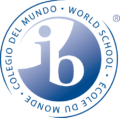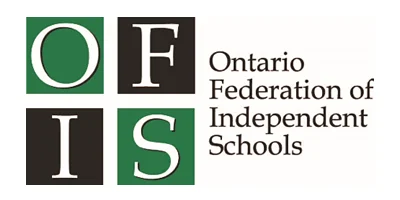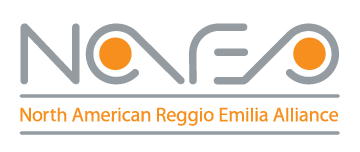“Without time, life would be crazy.” I.Z.
Our Grade One students have been deepening their understanding of Time as part of our ‘Measurement’ strand in math. They have been learning about the importance of this concept and how much it relates to our daily life.
“If you don’t know how to tell time, then I won’t know what time I need to go to school, the time I need to go to bed, or the time I am supposed to even wake up. It would be confusing.” K.G.
“Time is important to make sure I know what I am supposed to be doing. It helps to organize me.” I.Z.
“Time tells me when I should go to school. Without time, I’d come late to school and that’s not good.” Y. R.
“Time tells me when to eat breakfast, dinner and lunch as well. It’d be confusing without time.” T.T.
Our Grade One curriculum indicates that students should be able to “tell and write time to the hour and half-hour in everyday settings.”
Telling time is a very important concept that our students need to learn at an early age. Knowing about the exact time and elapsed time helps them attach more meaning to their daily routines.
“We have busy days and not busy days. Monday’s are super busy and then we end Friday’s busy as well. It just means we have a lot of places to be on those days so time helps us get to them all on time.” D.J.
Telling time also involves many skills that are put into practice once our students start learning about clocks, hours, minutes and seconds. Such skills include a deeper understanding and recognition of timelines, calendars, and patterns in their daily behaviours. They also enhance our students’ mathematical abilities to skip count and calculate elapsed time by figuring out the difference between a beginning time and an ending time.
“The concept of telling time can actually be seen as an umbrella topic that encapsulates an assortment of cognitive skills that should be developed in the early years.”
-Fletcher, 2009











